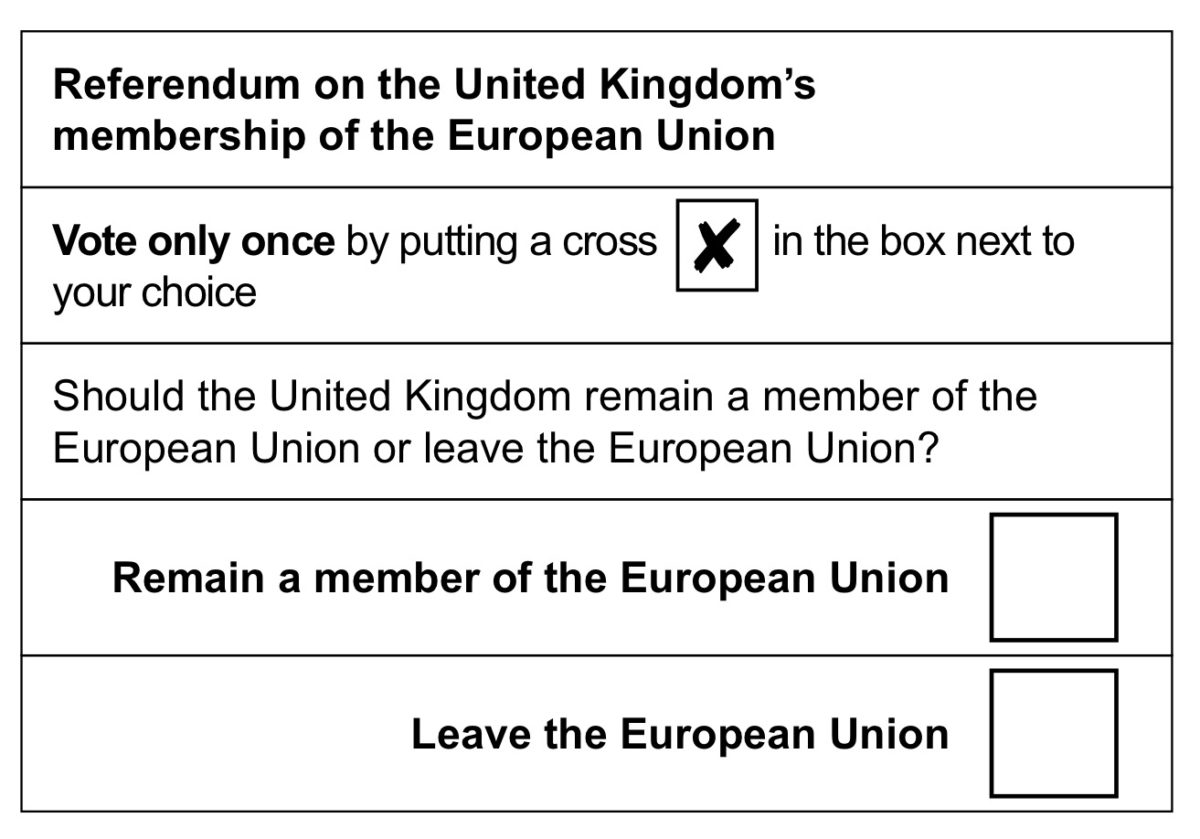“You’re on a first date, you’ve had a few drinks, you make an excuse to go up to the girl’s apartment. Then, once she leaves the room, you strip down naked, and wait. When she comes back, she laughs. She is so charmed by your confidence and bravado and sleeps with you. Boom.” In the age of #MeToo, this scheme bears uncanny resemblances to the things we recently learned about public figures like Harvey Weinstein or Louis CK. But these are in fact the instructions to “The Naked Man,” a scheme of sexual seduction that is depicted in the homonymous title of Season 4, Episode 9 of US-America’s beloved Sit-Com How I Met Your Mother. The concept is introduced by one of Robin’s dates, a mediocrely attractive man, self-attestedly without qualities (“I’m not smart, funny, or handsome.”), with whom she still chooses to have sex. The gang gets hooked on the scheme since it promises an easily earned sexual experience with high chances of success: “works two out of three times – guaranteed.”
„#MeToo and The Naked Man: Ted Mosby, Barney Stinson, and Harvey Weinstein“ weiterlesen








